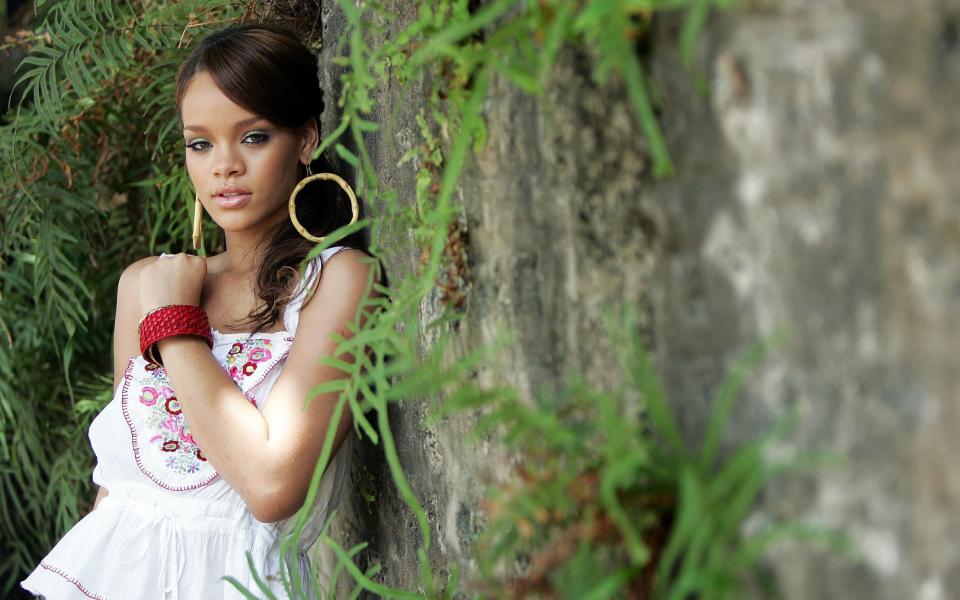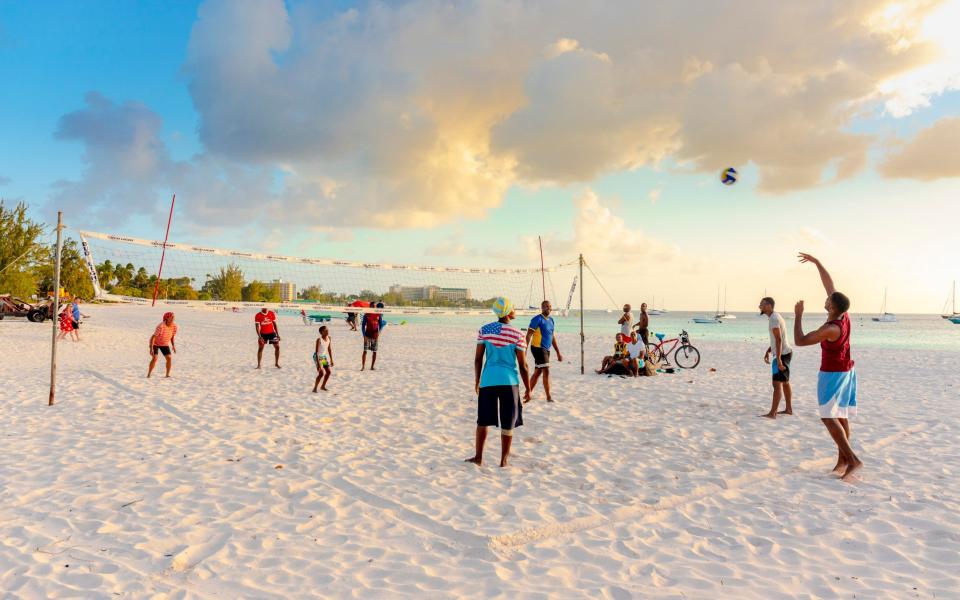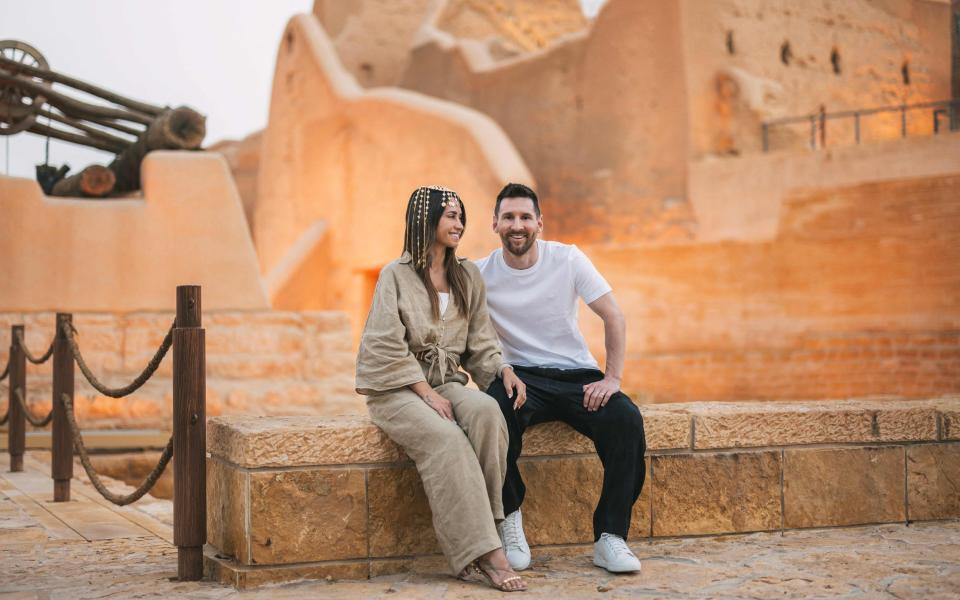Pitbull promoted Florida. Jackie Chan told tourists to try Hong Kong. And now Idris Elba is helping to bring direct flights to Sierra Leone. As well as great hotels and vibrant culture, tourist destinations seem to think that celebrity endorsements are key for holiday bookers.
Among the luminaries who have represented the UK are Judi Dench, Rupert Everett, Jamie Oliver, Twiggy, Dev Patel, Stephen Fry, Wallace and Gromit and many more. Most of these were recruited for the 2012 Visit Britain campaign, which was, as one-time marketing director Laurence Bresh says, a “unique year” – which included the then Queen’s Diamond Jubilee and the London Olympics.
It was as a result of these circumstances that Visit Britain was given a predicted budget of around £125 million in total. The initial success of the first films – in which Judi Dench celebrated the country’s “abundance of stately homes” and Dev Patel praised the “buzzing” of Leicester Square – led to a further injection of cash, ending with the campaigns ” Mór” which is still in use. at UK airports.
The need for something eye-catching, and A-list, wasn’t entirely about prestige.


“One thing that surprised us when we started is that the number of visitors usually drops during the Olympic year. People tend to stay away,” says Bresh, who was working as marketing director of Visit Britain at the time.
The question, however, is whether or not celebrity campaigns actually work. It’s hard to imagine that support from Jack Grealish would encourage experienced travelers to make a change. Likewise, a recommendation from Michael Caine may not deter a young tourist from discovering a new land. And yet tourism boards so often use A-listers to promote their destinations.
It certainly worked for Visit Britain. In 2012, around 12 million tourists visited the country, a five percent increase on the previous year. By 2014, the campaign recorded a £1.2 billion return on investments.
For an event as nationally significant as the Olympics, the Union flag felt appropriate imagery. But some campaigns tap into the inherent misery of a celebrity – a single person – who represents an entire country. Kazakhstan has incorporated Sacha Baron Cohen’s Borat into its campaigns. A Mark Zuckerberg impersonator appeared in an ad for Iceland. Rapper 50 Cent created a video for Hostelworld.
The Visit Britain campaign was more than a decade ago, and the power of celebrity endorsements has changed. Dr Vincent Mak, professor of marketing at Cambridge Judge Business School, believes that technology has fundamentally changed the way destinations are marketed.
“Social media means you can reach far more people than a traditional campaign would. One Instagram post from a celebrity can mean a lot more exposure than we were once capable of,” he says.
Thousands, maybe millions, more people will see Chris Hemsworth promoting Australia, or Taika Waititi recommending New Zealand as a holiday destination, or Roger Federer recommending Switzerland, if the images are posted on their social media .
Unlike a billboard campaign, the internet allows for two-way communication. “So if the community really likes what you’re doing, it can take off overnight, or even once. [within] a few hours. It can also become a disaster quite quickly,” says Mak.
The less “authentic” the endorsement feels, the more likely disaster is. An ad from Beyoncé recommending a stay in Butlins would not be believable. And so the ideal celebrity promotion is one that happens without the involvement of a tourism board at all. Rather than being asked – and probably paid – to say they enjoy holidaying in Paris, it feels more serious for a celebrity to mention their love for the 18th arrondissement. By its very nature, this is something tourism boards dream about, but have no control over.
Perhaps the most successful example of this is Rihanna’s relationship with her home country of Barbados. In the first stream of her fame, the singer took part in an official campaign: running on the beach, riding a bicycle on a country lane and playing dominoes with the locals. The commercials cemented her relationship with the island, but it was later – in actual trips home, in song lyrics, and even during her Superbowl performance – that the connection really developed.


Cheryl Carter, director of the Barbadian tourism board, clearly admires the country’s most famous daughter. “We are very proud of Rihanna, and all that she has achieved,” she says. “And I think it was really smart for Rihanna to position herself as an island girl, because that’s what sets her apart from the pack.”
Last year the singer stopped for snow cones at a stall near his villa. “Suddenly the demand for the snow cone vendor skyrocketed,” says Carter.
She is keen to point out that celebrities have always been drawn to Barbados, but the singer’s link has encouraged other A-listers to see it as a holiday destination – and opened up the destination to a new group of travellers.
“It definitely helped us reach a much younger demographic,” says Carter. “I remember flying into New York once and going to a rental car. And the young man there, he couldn’t have been more than 21 or 22. I gave him my driver’s license, and he said, ‘Oh, you’re from Rihannaland’.”


It’s the kind of thing tourism boards dream of. Even the most cynical holidaymakers would believe in Rihanna’s true love for the island – and maybe consider a trip.
However, there are risks involved in hiring celebrities. “It’s a game,” says Dr Mak. “There is high gain, but there is also high risk. Some celebrities can be quite controversial.
“People’s reputations go up or down much faster and much more closely than before.”
Messi’s ongoing relationship with Saudi Arabia has come under fire in some quarters, with commentators pointing to the country’s human rights record – and allegations of “sport laundering” – as reasons the footballer should not take the role.


The most notorious, however, is the “Pitbull incident”. In 2016, the rapper was employed by Florida’s tourism department. As part of the deal, Pitbull filmed the music video for his song Sexy Beaches in the state, which included iconic Floridian hotels such as Miami’s Fontainebleau – and ended with the slogan “#LoveFL”.
So far, so typical for Mr Worldwide. But it emerged that he was paid $1 million (partly funded by taxpayers) for the campaign, which only came out after government officials pressured the rapper to reveal details of his contract. The marketing agency behind the campaign was subsequently given new management.
The state of Florida’s image as a tourist destination does not seem particularly tarnished. So do endorsements change where we holiday? Dr Mak thinks the campaigns are “a matter of awareness” that makes us more likely to consider a destination – but not necessarily book it. “Ultimately, so many other factors can affect a decision about where to go.”
If you don’t like spending time on the beach or on long-haul flights, you probably won’t be booking a trip to Barbados, no matter how much Rihanna loves it.